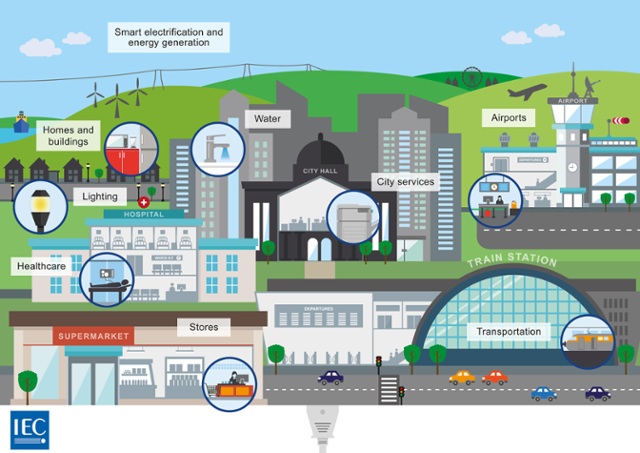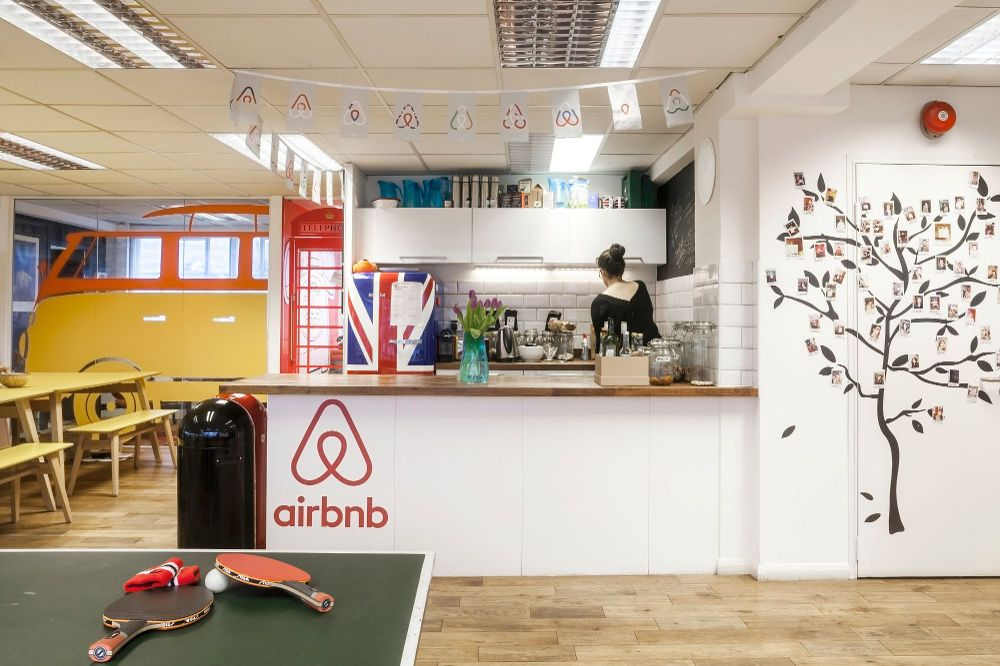By Nnamdi Odumody
A Smart City is a city in which technology is a driving force in provision of smart services to its citizens. According to Mckinsey Global Institute, by 2025, cities will save up to $1.7 trillion a year delivering services if they deploy new digital systems on a large scale. As part of hosting the 1992 Summer Olympics, the city of Barcelona which is the capital of Catalonia in North Eastern Spain converted its abandoned textile district into a technology hub called @22 which is now home to dozens of startups, and laid a network of fiber optic cables which covers 310 square miles.
Twenty seven years later, it is Europe’s and the world’s most wired city. With an operating system that runs the entire city within one interface in place, different applications aimed at making the lives of its 2 million residents happier, it saves $58 million annually through Connected Water management, $37 million from Connected Street Lighting Solutions, reducing costs by one third.
According to Cisco, Barcelona will see cumulative economic benefits of 832 million euros by 2025, including 86.4 million euros in extra tourist spending. Its #1 tourist attraction, Camp Nou which is the homeground of FC Barcelona new stadium, will offer new revenue streams by linking fans directly to merchandising with free Wi-fi. It will also remove the fences around its 54 acre compound that attracts about 1.7 million tourists annually, creating a smart city neighborhood in the middle of Barcelona.
The Emirate of Dubai launched its Smart Dubai Initiative to make it the world’s smartest city by 2021. Between 2014 and 2017, Dubai launched 137 Smart Initiatives and 1, 129 Smart Services with 307,105 total downloads. It’s AVG happiness index in 2016 was 90 percent with 30,123 questions asked in three months and 11 billion AE Dirham transactions same year.
The Government of Dubai between 2003 and 2015 saved $1.2 billion through smart services with $5.6 saved by them for every $1 spent on Smart Transformation. It’s potential value from IoT (Internet of Things) is $4.8 billion by 2020, $1.5 billion potential value at stake from government blockchain by 2020, $2.9 billion potential gross value added to GDP from Open and Shared City Data annually starting from 2021 (i.e $1,000 value per person in the city) while 100 percent Dubai government transactions will be on the blockchain by 2020. Dubai’s government will celebrate its last paper transaction by 2021.

The Smart Nation Singapore is the national effort of the government to remake the city state and its about 5 million citizens to embrace technology to make their daily lives easier, irrespective of age, gender, race and religion. It’s CODEX (Core Operations Development Environment and Exchange) is the digital platform that will enable the government to deliver better digital services to citizens faster and more cost efficiently. Its benefits:
- Reusable digital components including machine readable data flows, middleware and micro services will be shared across agencies so that developers can plug and play into these resources and focus their time and energy on building better products to serve the public better.
- The adoption of common tools and standards within government and by vendors will reduce bugs and raise the quality, reliability and security of services.
- Government can tap into what the commercial cloud can offer in scalability and reliability as well as software services and tools.
- This facilitates public and private sector to work together to develop more user centric services for the public.
The Smart Nation Sensor Platform is an integrated nationwide sensor platform to improve municipal services, city level operations, planning and security. More systematic use of sensors and data to improve urban planning, build more responsible and reliable public transport and better public security. An interconnected network of 110,000 lamp posts with wireless sensors will collate data that will be used for urban and operational planning, maintenance and response.
The Lagos State Government and other State Governments of the Federal Republic of Nigeria, Governments of Rwanda, Kenya, and Mauritius can learn from these three different experiences in adoption and implement smart initiatives and services to digitally transform their nations as well as enjoy the benefits of digital economies. Our continent needs to get 5G adoption and deployment right as it will be important in this redesign.








